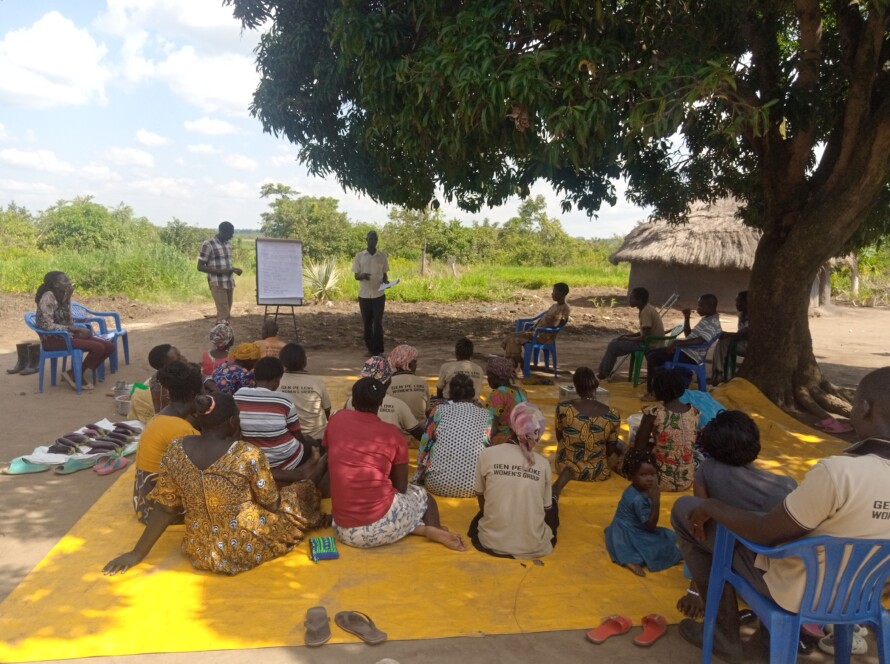In the vibrant tapestry of Uganda’s agricultural landscape, market vendors often go unnoticed, yet they play a pivotal role in connecting local producers to consumers. These unrecognized vendors bridge the gap between the farm and the table, ensuring the availability of fresh, locally sourced produce for millions of Ugandans.
The Indispensable Role of Market Vendors
Market vendors serve as the lifeblood of Uganda’s food supply chain, offering a multitude of benefits to both producers and consumers.
Market vending offers a multifaceted approach to economic development and community well-being. It empowers individuals, particularly women and youth, by providing a sustainable livelihood through direct sales to consumers, bypassing middlemen, and maximizing profits.
Additionally, market vendors play a crucial role in ensuring food security by distributing fresh, nutritious produce to both urban and rural communities, especially in areas with limited access to traditional retail outlets.
Markets also serve as social hubs, fostering community interaction, cultural exchange, and knowledge sharing. Supporting market vendors to contribute to the sustainability of local economies and promote sustainable agricultural practices, reducing reliance on imported food and driving rural development.
Market vendors are the lifeblood of our communities, weaving together threads of sustenance, culture, and resilience.
Challenges Faced by Market Vendors
Despite their vital role, market vendors in Uganda face numerous challenges. Many lack formal training in food safety, hygiene, and business management, leading to suboptimal practices that compromise food safety and quality. Inadequate market infrastructure, such as poor sanitation facilities and storage solutions, hinders efficient operation and negatively impacts produce quality.
The increasing presence of supermarkets, offering a wider range of products and convenient shopping experiences, poses a threat to traditional markets, especially in urban areas. Ensuring food safety remains a major challenge, as contamination, spoilage, and adulteration can pose serious health risks to consumers, particularly in the absence of proper regulations and enforcement.
Additionally, market vendors often face limited access to financial services, hindering their ability to expand their businesses and invest in improvements. This, coupled with weak law and policy implementation, can lead to overexploitation by microfinance institutions, further exacerbating their financial vulnerabilities.
Addressing Challenges and Empowering Market Vendors
To address these challenges and empower market vendors, a multi-faceted approach is needed.
Providing comprehensive training on food safety, hygiene, and best practices can help market vendors maintain high standards of food quality and safety. Investing in market infrastructure, such as clean water, sanitation facilities, and storage facilities, can improve the overall market environment and reduce food loss and waste.
Access to credit and microfinance can help market vendors expand their businesses, purchase better quality produce, and invest in equipment and training.
A supportive policy and regulatory framework can create a conducive environment for market vendors to thrive, including streamlining licensing procedures, reducing taxes and fees, and enforcing food safety regulations.
Educating consumers about the benefits of buying from local markets and the importance of food safety can help create a demand for fresh, locally sourced produce and encourage responsible consumption practices.
Collaborative efforts from the governments, NGOs, and the private sector can empower market vendors and create a more sustainable and equitable food system in Uganda.
Once we have recognized the invaluable contributions of market vendors, we can ensure that they continue to play a vital role in connecting local producers to consumers and nourishing the nation.



